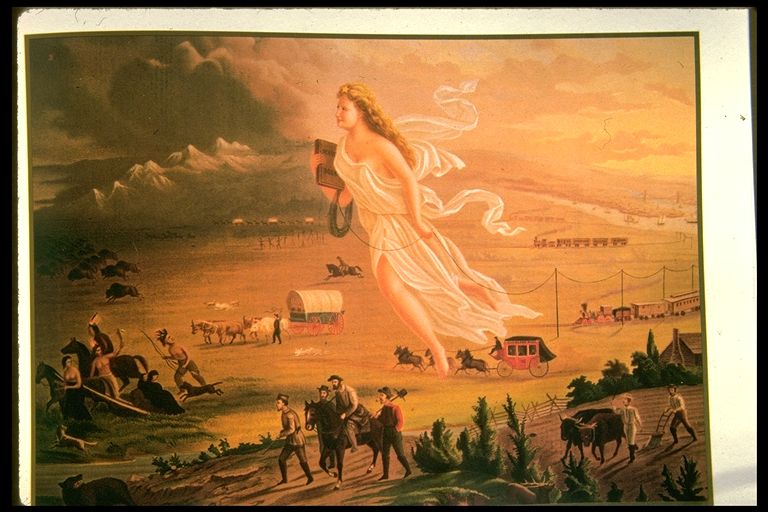This page will have important quotations and visuals for my presentation.
Technical Communication, George Orwell, and Our Contemporary Surveillance State
Defining Rhetoric and Discourse
- Charles Bazerman (1998): “The rhetoric of technology shows how the objects of the built environment become part of our systems of goals, values, and meanings, part of our articulated interests, struggles, and activities” (p. 386).
- Cy Knoblauch (2014) defines rhetoric as “the theory and practice of public discourse, the arts of communication, argument, narrative, and persuasion” (21).
- “Discourse can refer either to language use in general or to a specific set of conventions….Rhetoric is about discourse” (21).

American Contradiction
- Aaron Toscano (2020): “…a pervasive contradiction in American culture: regardless of rights afforded American citizens in the Constitution, citizens often advocate against the logic of liberty, equality, and freedom when counter protesting. The rhetoric of “freedom,” a pervasive value in American culture, supports both the players who kneel and the angry fans who believe the anthem represents freedom” (3).
- George Orwell (1949): “To know and not to know, to be conscious of complete truthfulness while telling carefully constructed lies, to hold simultaneously two opinions which cancelled out, knowing them to be contradictory and believing in both of them, to use logic against logic, to repudiate morality while laying claim to it, to believe that democracy was impossible and that the Party was the guardian of democracy, to forget whatever it was necessary to forget, then to draw it back into memory again at the moment when it was needed, and then promptly to forget it again, and above all, to apply the same process to the process itself—that was the ultimate subtlety: consciously to induce unconsciousness, and then, once again, to become unconscious of the act of hypnosis you had just performed. Even to understand the word—doublethink—involved the use of doublethink.” (32-33)
- “Two Minutes Hate,” which Winston describes as an event “that one was not obliged to act a part, but that it was impossible to avoid joining in” (16).
- As Syme tells Winston, “the whole aim of Newspeak is to narrow the range of though….we shall make thoughtcrime literally impossible, because there will be no words in which to express it” (46).
- Winston thinks, “One of these days…Syme will be vaporized. He is too intelligent” (47)
Posthuman
- Hayles (1999): “the posthuman view thinks of the body as the original prosthesis we all learn to manipulate, so that extending or replacing the body with other prostheses becomes a continuation of a process that began before we were born” (3).
- Technologies are extensions of ourselves, prostheses that allow us more protection (clothes), vision (corrective lenses), and convenience.
Additional Quotations
- Winston knew “there was always the danger of concealed microphones by which your voice might be picked up and recognized” (98).
- Langdon Winner (1986): “In our times people are often willing to make drastic changes in the way they live to accommodate technological innovation while at the same time resisting similar kinds of changes justified on political grounds. If for no other reason than that, it is important for us to achieve a clearer view of these matters than has been our habit so far.” (39)
- Although a tragic figure, Winston is the type of reflective practitioner—one who recognizes how ideology influences language, politics, and behaviors—who technical writing students must keep in mind for navigating our technologically mediated world.
Works Cited/Bibliography
Bazerman, Charles. “The Production of Technology and the Production of Human Meaning.” Journal of Business and Technical Communication 12 (1998): 381-387.
Gast, John. American Progress. 1872. Painting. Chromolithograph created by George A. Crofutt, 1873. http://loc.gov/pictures/resource/ppmsca.09855/.
Hayles, N. Katherine. How We Became Posthuman: Virtual Bodies in Cybernetics, Literature, and Informatics. U of Chicago P, 1999.
Orwell, George. 1984. The New American Library of World Literature, 1961.
Winner, Langdon. “Do Artifacts have Politics?” The Whale and the Reactor: A Search for Limits in an Age of High Technology. U of Chicago P, 1986: 19-39.
Toscano, Aaron A. Video Games and American Culture: How Ideology Influences Virtual Worlds. Lexington Books, 2020.